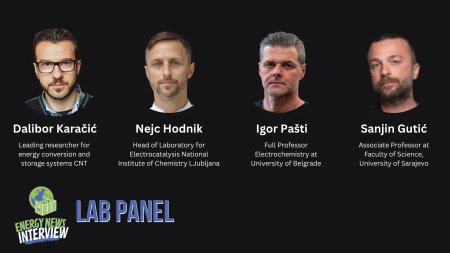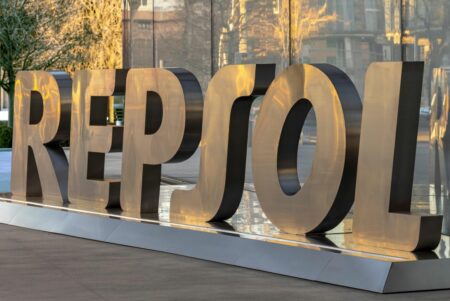The Australian Research Council (ARC) has awarded its prestigious Industry Laureate Fellowship to University of Wollongong (UOW) electrochemist Gerhard Swiegers.
Swiegers is being recognized for his work on high-efficiency electrolysers, which is aimed at supporting the development of a sovereign Australian hydrogen manufacturing capacity. Swiegers will receive a $3.7 million grant to continue building on the technology that, in 2021, was spun out into a company called Hysata.
Swiegers’ research focuses on capillary-fed electrolysis (CFE) cell technology, which can deliver green hydrogen at 95% efficiency, compared to the current global average of around 75% or less. Hysata, which is Swiegers’ industry partner, is scaling up the CFE electrolyser that uses 20% less energy than existing technologies. The goal of the CFE technology is ease of manufacturing, meaning that Hysata is using less expensive materials and reducing the amount of water needed.
The CFE electrolysis cell is an update to century-old electrolyser technology. It replaces electrodes dipped into a pool of alkaline water with a capillary-like method. An electrolyte is continuously sucked up towards the electrodes by a “porous, hydrophilic, inter-electrode separator,” mimicking the way plants absorb water. By avoiding bubble formation in the liquid, the hydrogen and oxygen molecules can be split with higher efficiency.
The potential impact of Swiegers’ research is significant. Green hydrogen is expected to provide 15% to 20% of global energy demand in 2050, worth $2.5 trillion, according to Swiegers. He believes that this new technology can help Australia capture a large share of that market. Hysata expects to produce 1 million tons of green hydrogen per year using 11.3 gigawatts (GW) of renewable energy and 6 GW of electrolysers, compared to 14.3 GW of renewable energy sources and 7.6 GW of electrolysers required by conventional systems.
The federal government has allocated $2 billion to the nascent hydrogen industry, with the goal of achieving net-zero emissions. Swiegers’ research could help Australia achieve its goal of developing a sustainable hydrogen industry.
In conclusion, Swiegers’ research on CFE technology has the potential to revolutionize the hydrogen industry by making it more efficient, cost-effective, and environmentally friendly. The ease of manufacturing, less water consumption, and the use of less expensive materials make it an attractive option for producing green hydrogen. With the help of Hysata and the Australian government’s support for the hydrogen industry, Swiegers’ research could lead to significant benefits for Australia’s economy and the environment.








